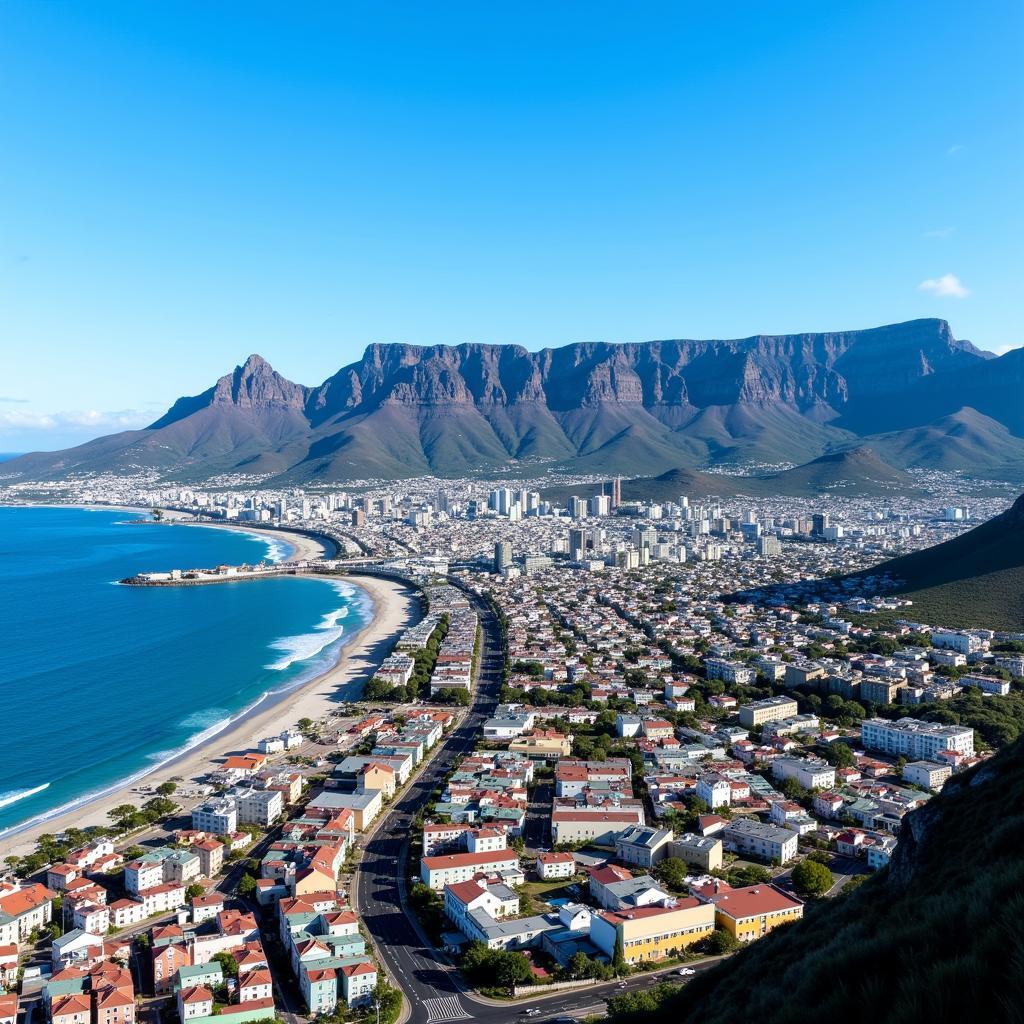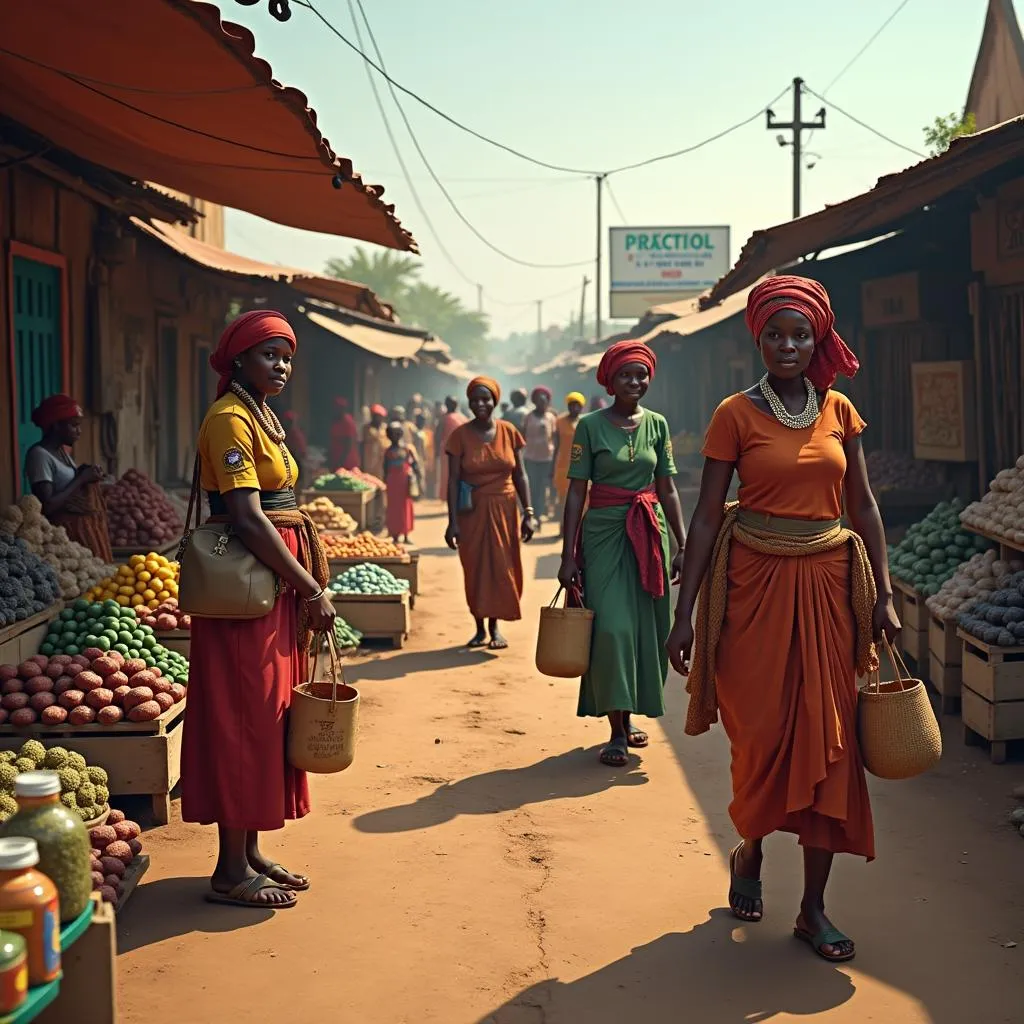African Cities Fetching Water: A Story of Resilience and Resourcefulness
Access to clean, safe water is a fundamental human right, yet in many African cities, fetching water remains a daily struggle. This article explores the diverse realities of water access in urban Africa, examining the challenges, innovations, and cultural adaptations surrounding this vital resource. We delve into how communities navigate the complexities of urban water systems, highlighting both the burdens and the ingenuity that characterize their efforts.
Many African cities face rapid urbanization, straining existing infrastructure and making access to water increasingly difficult. For some, this means relying on informal water vendors, while others must walk long distances to communal taps or wells. This daily quest for water significantly impacts daily life, especially for women and children who often bear the primary responsibility. See how this impacts their education, health, and overall well-being. African child girl face.
The Burden of Water Collection in Urban Africa
The physical toll of carrying heavy water containers over long distances is immense, leading to health problems and injuries. Furthermore, the time spent collecting water limits opportunities for education, employment, and other essential activities. Water scarcity also contributes to sanitation challenges, increasing the risk of waterborne diseases. The economic burden is also significant, with many households spending a disproportionate amount of their income on water.
Innovative Solutions and Community Initiatives
Despite these challenges, African communities are demonstrating remarkable resilience and resourcefulness in addressing their water needs. Local initiatives, often led by women, are playing a crucial role in developing innovative solutions. Rainwater harvesting systems, community-managed water kiosks, and water purification projects are just a few examples. These initiatives not only improve access to water but also empower communities and foster a sense of ownership.
Technology’s Role in Improving Water Access
Technology is also playing an increasingly important role, from mobile payment systems for water services to advanced water filtration techniques. These advancements offer promising opportunities to improve water access and management in urban areas. For instance, some communities are utilizing mobile apps to report leaks and monitor water quality, contributing to more efficient and sustainable water use.
A Day in the Life: Fetching Water in an Urban Setting
Imagine waking up before dawn to join a long queue at a communal tap. After hours of waiting, you finally fill your containers and begin the arduous journey back home, balancing the heavy load on your head. African children playing with water. This is the reality for many in African cities, a testament to their strength and resilience.
The Cultural Significance of Water
Water holds profound cultural significance in many African societies. It is not merely a resource for survival but a symbol of life, purity, and community. Traditional ceremonies and rituals often revolve around water, reflecting its deep-rooted importance in the cultural fabric. A day in the life of an african child ks1.
“Water is not just a necessity; it’s the lifeblood of our communities,” explains Dr. Abena Osei, a Ghanaian anthropologist specializing in water resource management. “It shapes our daily routines, our social interactions, and our cultural expressions.”
The Future of Urban Water Access in Africa
Addressing the challenges of water access in African cities requires a multi-faceted approach. This includes investing in infrastructure development, promoting sustainable water management practices, and empowering local communities. Collaboration between governments, NGOs, and the private sector is essential to ensure that everyone has access to this fundamental resource. African houses poor.
Professor Adebayo Olufemi, a Nigerian hydrologist, emphasizes the need for long-term planning and investment: “Sustainable solutions require a comprehensive understanding of the local context, including the social, economic, and environmental factors that influence water access.”
In conclusion, fetching water in African cities remains a complex and challenging reality. However, the resilience, resourcefulness, and innovative spirit of African communities offer hope for a future where access to clean and safe water is a reality for all. African Cities Fetching Water are adapting, innovating, and striving for a better future. African cleaners outside.
FAQ
- What are the main challenges to accessing water in African cities? Rapid urbanization, inadequate infrastructure, and limited resources.
- Who is most affected by water scarcity? Women and children often bear the primary responsibility for water collection.
- What are some innovative solutions being implemented? Rainwater harvesting, community-managed water kiosks, and mobile payment systems for water.
- How is technology improving water access? Mobile apps for reporting leaks, monitoring water quality, and facilitating water payments.
- What is the cultural significance of water in Africa? Water is a symbol of life, purity, and community, playing a central role in many traditions and rituals.
- How can we support improved water access in African cities? Support organizations working on water projects, advocate for policy changes, and raise awareness about the issue.
- What is the future outlook for urban water access? While challenges remain, innovative solutions and increasing awareness offer hope for a more water-secure future.
Kêu gọi hành động: Khi cần hỗ trợ hãy liên hệ Số Điện Thoại: +255768904061, Email: [email protected] Hoặc đến địa chỉ: Mbarali DC Mawindi, Kangaga, Tanzania. Chúng tôi có đội ngũ chăm sóc khách hàng 24/7.


